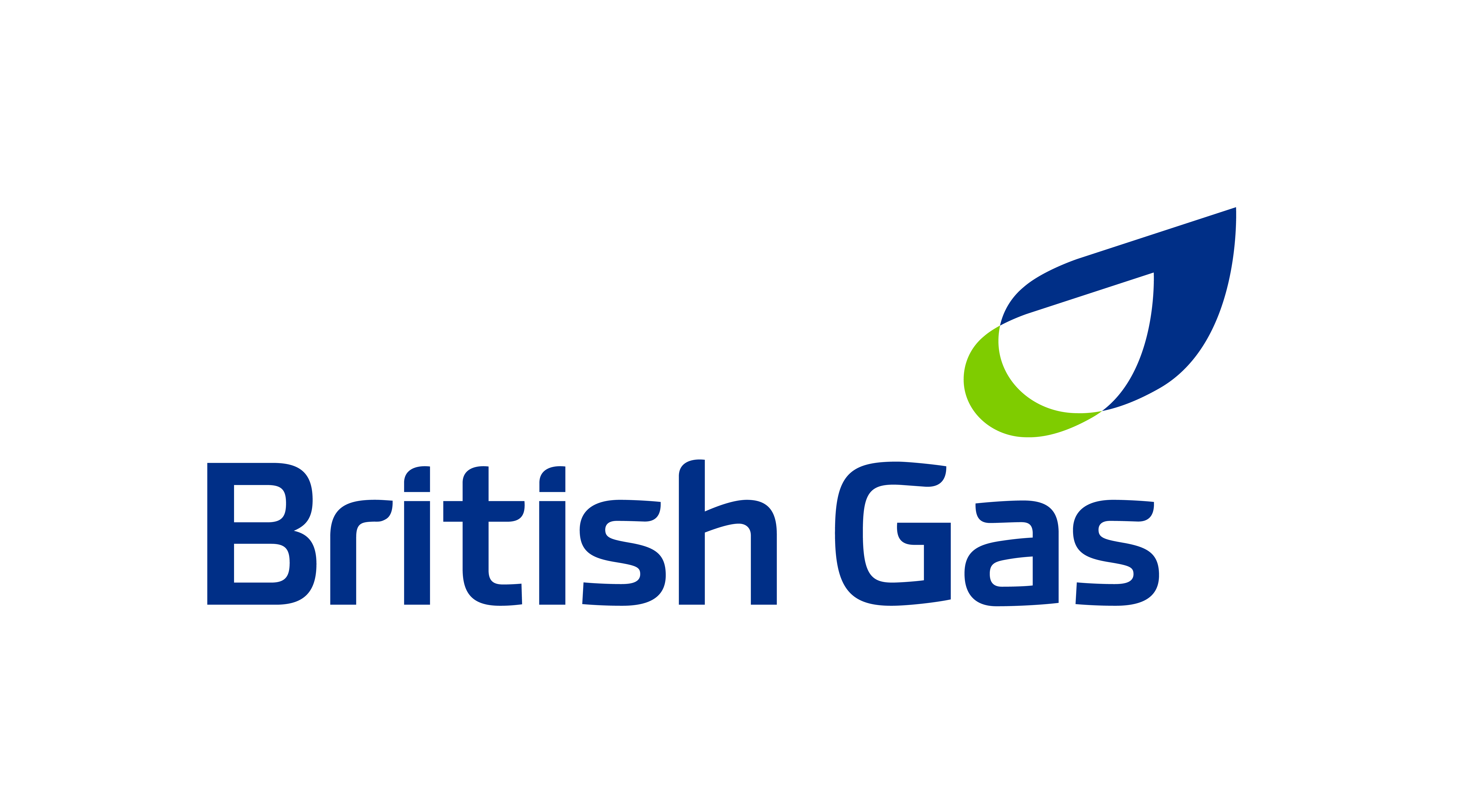You can manage your cookie preferences in the sections below. If you would like to know more, please view our privacy & cookie policy.
Compare fixed rate energy prices
Looking for a cheaper energy deal to help cut your gas and electricity bills? Confused whether a fixed or variable energy rate deal will save you the most money?
Read on to find out what is the difference between fixed and variable energy rates and how you can compare fixed rate energy prices to find the best deal for your household.
What is a fixed rate energy tariff?
Fixed rate energy tariffs charge a set price for gas and electricity over a set period – usually between one and four years – protecting you against energy price hikes during this fixed term.
Also known as fixed price energy tariffs, these deals usually offer some of the cheapest rates on the market, but often also come with relatively high exit fees, which could cancel out any savings you make if you have to end your contract early. So always compare fixed savings energy plans before signing up for an energy fix.
It’s also worth noting that a fixed rate deal doesn’t mean you’ll be paying the exact same amount for your energy each month – the fixed cost relates to the units of gas and electricity you use, so if your energy use fluctuates from month to month, your bills will go up or down accordingly.
What is a fixed rate energy tariff?
Fixed rate tariffs are and increasingly popular option as they fix the rate you pay for the duration of the deal – meaning they’re a great way to protect against energy price hikes.
What are the best fixed rate deals?
To find the best fixed rate energy deals, check out the tabe below and then click 'Compare' to run an energy price comparison.
| Supplier | Tariff | Average Annual Bill* | |
|---|---|---|---|

|
The Fixed Tariff v5 | £ 1,555 | |

|
1 Year Fixed Loyalty 27 September 2024 | £ 1,567 | |

|
1 Year Fixed 03 October 2024 | £ 1,589 | |

|
The Longer Fix v11 | £ 1,634 | |

|
1 Year Fixed + Greener Electricity 27 September 2024 | £ 1,647 |
*Based on usage of kWh of electric per year and kWh of gas per year. Shows average price across all regions. Assumes payment is made by Monthly Direct Debit. Only showing tariffs which are generally available across most of the UK.
How long can you fix your energy costs for?
Fixed energy tariffs are usually offered as one, two, three or four year deals, and the amount of time you lock prices in for depends upon whether you’re prepared to pay a little bit extra for a longer fix and potentially benefit from savings further down the line.
Taking on a three or four-year fixed price energy tariff, for example, might cost more in the short term, but you could make significant savings if energy prices increase during that period – while prices go up elsewhere, your fixed rate means the amount you pay for each unit of gas and electricity remains the same.
On the flip-side, if there are no price hikes, or energy prices actually drop, you’ll lose out. If prices drop significantly, it might even be worth paying the penalty fee to exit your deal and switch to a new tariff.
If you don’t want to be tied in for three or four years, perhaps because you live in rented accommodation, switching to the best one year fixed rate deal might be a better option.
Will you have to cancel your fixed rate energy tariff if you move house?
This all depends upon your energy provider. A growing number of providers will allow you to take your fixed-price energy tariff with you to your new property.
If you’re moving into a different region, you may find there are some price differences, but you can still stay on the same fixed deal and avoid paying any exit fees.
Should you switch to a fixed rate tariff?
If you want stability in your fuel costs, and the potential to make significant savings, then taking on a fixed rate energy plan could be a perfect fit – if energy prices go up during your fixed term, you could be quids in.
On the other hand, taking on a fixed deal is always of a gamble, as you’re essentially hedging your bets against future energy prices, so it’s always worth weighing up the pros and cons before making a decision.
What are the advantages of fixed rate energy tariffs?
- Budgeting - Fixed prices mean budgeting for your energy costs is a lot simpler
- Protection - The energy market can be volatile, but a fixed rate means you’ll be protected against any price hikes
- Cheaper energy - Competition in the energy market has pushed down the price of fixed tariffs, meaning they’re now often cheaper than standard deals. Make sure you compare a range of tariffs, including online, dual fuel and green deals, to make sure you get the best price.
What are the disadvantages of fixed rate energy tariffs?
- Expensive energy - If energy prices drop, your fixed rate means you could end up paying more for your energy
- Stuck with your supplier - If you’re not happy with the service provided by your supplier, you’ll be stuck with them until the deal ends, or might be charged to cancel your contract
- Cancellation fees - If you want to leave your deal early, you might be charged a cancellation fee.
What happens when your fixed rate ends?
Your supplier will usually switch you on to its standard tariff, which is also likely to be its most expensive tariff. Alternatively, your supplier might offer to put you onto another fixed rate, but make sure you compare the cheapest energy deals on offer from other providers before agreeing to sign back up with your current supplier.
What if you can’t remember when your fixed rate deal ends?
Your energy supplier has to let you know your deal is due to finish between 42 and 49 days before your contract ends. If you decide to switch during this notice period, you’ll not be charged an exit fee.
As soon as you’re told of your notice period has begun, run some quotes and compare prices, so you’ll be ready to switch to a better deal before your current one ends and you’re switched to a standard tariff.
UKPower.co.uk is rated 5 out of 5 based on 100 customer reviews.

